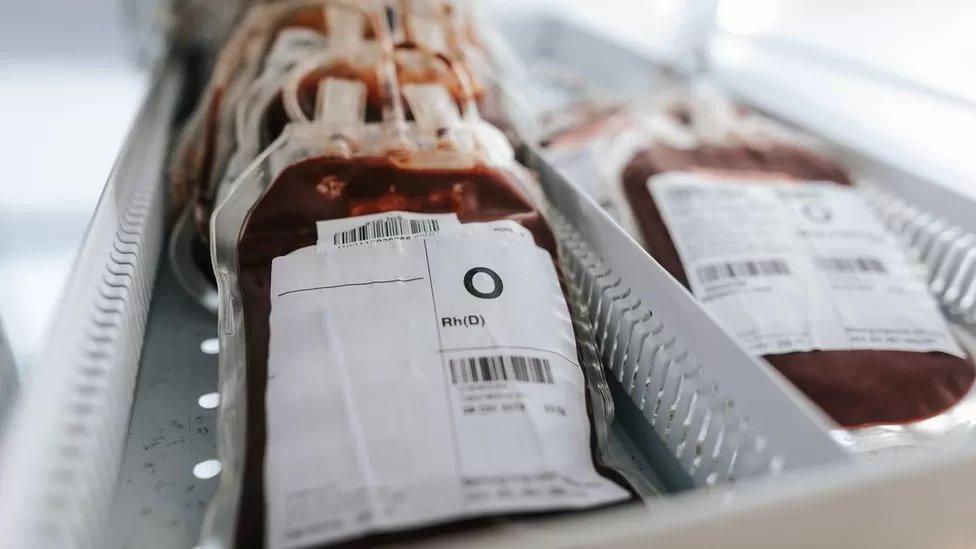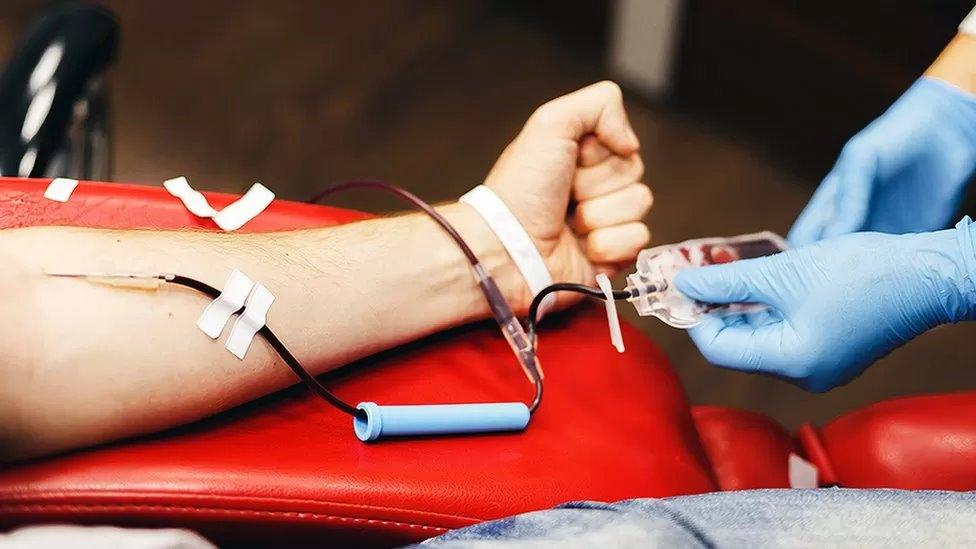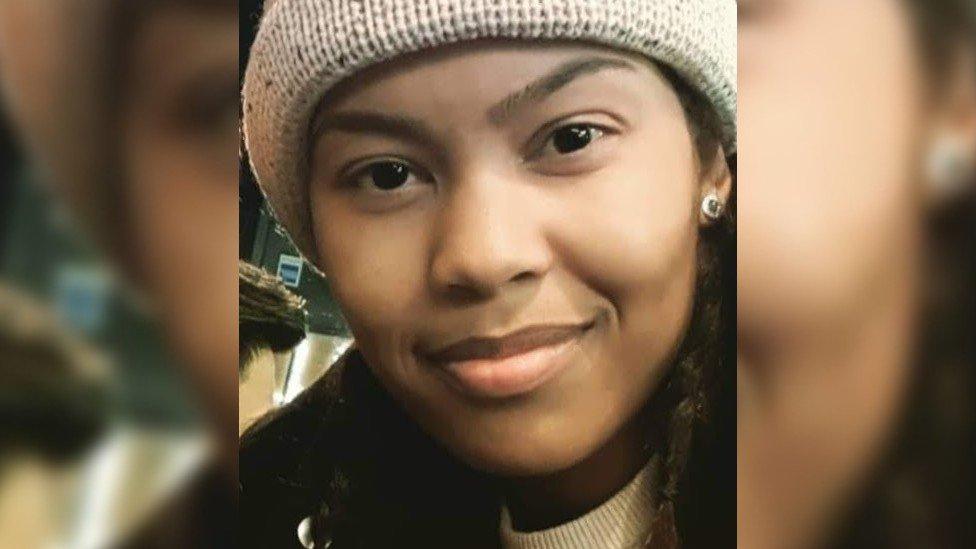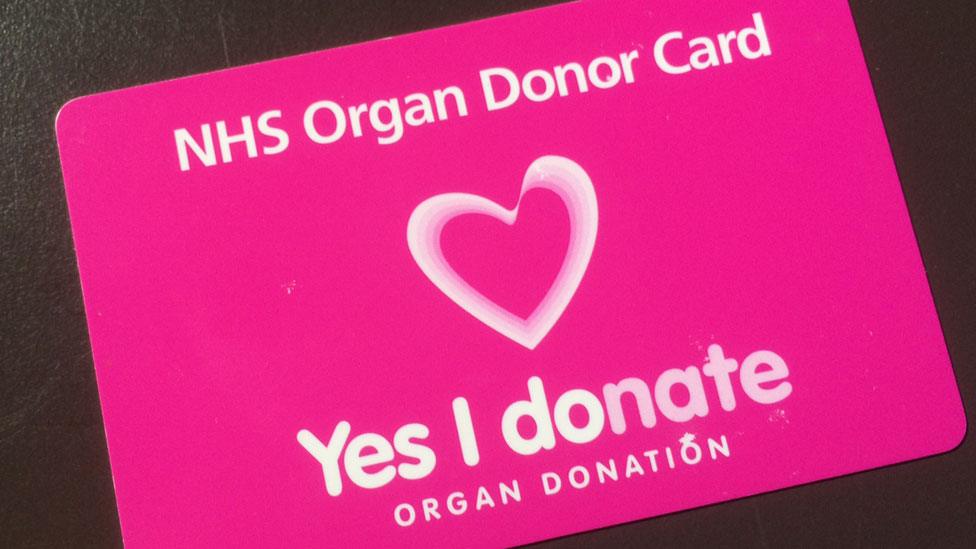NHS Blood and Transplant minorities staff 'face discrimination'
- Published

The CQC report found the staff "experienced inequality and discrimination" within the service.
People from a black and ethnic minority background "experienced inequality and discrimination" while working for NHS Blood and Transplant, a report says.
The Care Quality Commission (CQC) inspected blood services operations at its Bristol headquarters, and five other centres in August.
It found "safe and effective care" was given by "competent and skilled staff, working together effectively".
However, "there was a mixed view" in relation to its organisational culture.
In its report on the service - which also has centres in Birmingham, Bristol, Gloucester, Oxford and Plymouth - the CQC said "some staff said they suffered detriment when they tried to raise issues or concerns".
Staff from a black and minority ethnic background, as well as others with protected characteristics, said they experienced inequality and discrimination, it added.
However, the CQC also found staff were "proud to work for the organisation" and all staff had personal and organisational commitment to provide high-quality services.
"Whilst leaders understood the importance of staff being able to raise concerns without fear of retribution, the culture did not always encourage openness and honesty at all levels and learning or action was not always taken as a result of concerns raised," the report said.

The report was carried out in August at several sites run by the NHS department
The inspectors identified areas where governance processes needed to be strengthened and said action is needed to fully embed a culture where all staff feel respected, valued and supported.
Deanna Westwood, CQC's director of operations - South Network, said: "We heard concerns from staff about the organisational culture - particularly in relation to diversity and inclusion and the experience of staff from a black and minority ethnic background.
"We have made clear that these issues must be addressed."
Inspectors looked at a range of performance data, quality audits, board papers, internal and externally commissioned reports and records of handling complaints.
They also spoke to over 60 members of staff during the course of their review.
'Safety well managed'
It found infection risk was controlled well at the blood donor centres and apheresis (technique for the exchange, removal or collection of components in the blood) units and areas where donations were taken were clean and well maintained.
Safety incidents were managed well and staff recognised incidents and near misses and reported them appropriately.
Blood donors' views and experiences were gathered and acted on to improve services, the report said.
At an organisational level, agreed processes were in place to manage performance and identify and escalate any risks, however those processes were not always effective, it found.
Inspectors were also not assured that board members were sighted on all issues that needed addressing.
An NHSBT spokesperson said: "The CQC has confirmed it found our services to be safe for donors and patients. They found people at NHSBT to be positive and proud to work here with a clear commitment to provide high-quality services.
"We have already begun to address the issues identified in the report and are an improved organisation from the one the CQC inspected this summer.
"We fully accept the findings and recommendations and are putting in place a comprehensive action plan."

Follow BBC West on Facebook, external, Twitter, external and Instagram, external. Send your story ideas to: bristol@bbc.co.uk
- Published13 June 2022

- Published28 January 2022
